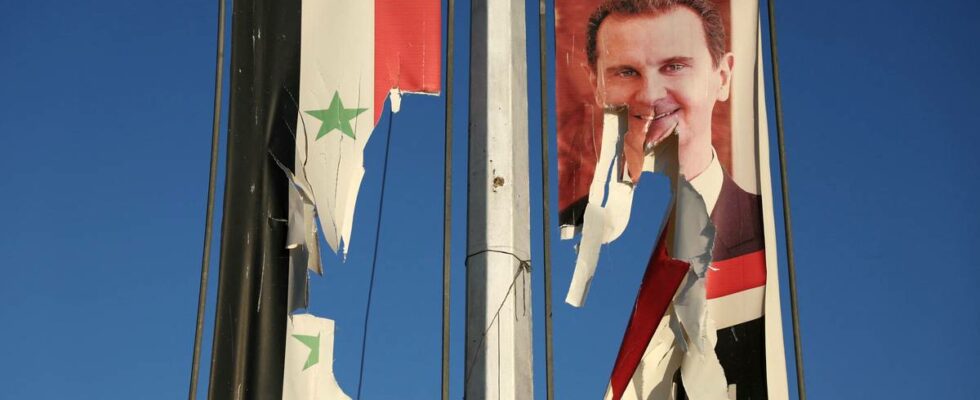What has happened? The 13-year civil war in Syria is suddenly in the news again after rebel forces managed to take control of Aleppo. They also swept through 39 villages, which in just two days came under their control. They have now subjugated all of Idlib province and large parts of Aleppo province, which is the largest in the country. The regime’s army collapsed in both command structure and morale. It left them unable to regroup or mount a counteroffensive. It is the first time the fronts have moved significantly since a ceasefire was signed four years ago. In the last few days, Russian and Syrian warplanes have attacked Idlib and Aleppo. They also did that during the civil war. Aleppo was one of the bloodiest battlefields when government forces backed by Russian airstrikes besieged the city in 2016. Two children sit by their slain mother in a neighborhood in Aleppo in February 2014. Photo: Reuters Why is this happening now? It is hardly a coincidence that the advance happened now. The Syrian regime is weakened by civil war, sanctions and corruption. President Bashar al Assad has a poorly equipped and poorly motivated army and depends on support from Russia, Iran and Iranian-backed militias, such as Hezbollah, to stay in power. But now Assad’s allies have focused on other wars, both in Gaza and Ukraine. And months of Israeli attacks, particularly against Hezbollah targets, have weakened the militia. Russia wants to use its war machine against Ukraine. Both are factors that may have come into play when the well-coordinated rebel groups struck. But both Iran and Russia have nevertheless promised to provide arms and support. Smoke rises above a street in Idlib after the bombing by Russian fighter jets. Photo: AFP Who are the rebel forces? The one at the forefront of the offensive is Hayat Tahrir al-Sham (HTS). It is an Islamist militant group formerly called al-Nusra and affiliated with Al Qaeda. It then broke with Al Qaeda and changed its name. HTS has been one of the most powerful militant groups during the civil war. It has been labeled a terrorist group by both Russia, the United States, Turkey and other states. The group wants to overthrow Bashar al-Assad and establish an Islamic state in Syria. But other smaller rebel groups that are supported by Turkey also participate. Heavily armed rebel soldiers in Aleppo Photo: AFP Who is in control in Syria? The country is divided into zones controlled either by the government, the opposition, Turkish factions or US-backed militias. Bashar al Assad has controlled all the major cities until Aleppo fell into the hands of the rebels. He rules in the south, and has control over around 70 percent of the country. The roughly 30 percent not under Assad is controlled by a variety of opposition forces and foreign troops. The Kurds control the areas in the northeast, where they have established a kind of self-government. Militant rebel groups rule in Idlib province in the northwest. HTS is the largest and most dominant of the groups. Around 4 million people also live in Idlib, most of whom are internally displaced. A bombing outside Aleppo. Photo: AFP Turkey has occupied areas along the Turkish border and regularly carries out attacks against the Kurds in both Syria and Iraq. In addition, they support some of the rebel forces. The US has around 900 soldiers in north-eastern Syria to prevent IS from gaining a foothold again. US President-elect Donald Trump has long said that he wants to withdraw US forces. Both the US and Israel carry out sporadic attacks in Syria against government forces and Iran-allied militias. How big can this be? This is the most dramatic the Assad regime has faced in many years. The rebel groups managed to break the status quo. Assad has been at war with opposition forces for 13 years, a conflict that has killed around half a million people. The conflict began as a popular uprising during the Arab Spring in 2011. Assad cracked down heavily on what had been largely peaceful protests. Approximately 6.8 million Syrians have since fled the country. A long-time Syria analyst at the US-based Middle East Institute believes a lot can happen now: – After years where the front lines have been frozen, the fighting we are now seeing has the potential to change the game if the Syrian government forces are unable to hold their ground, believes Charles Lister. Published 03.12.2024, at 20.24
ttn-69
Who is fighting in Syria and why? – news Urix – Foreign news and documentaries

